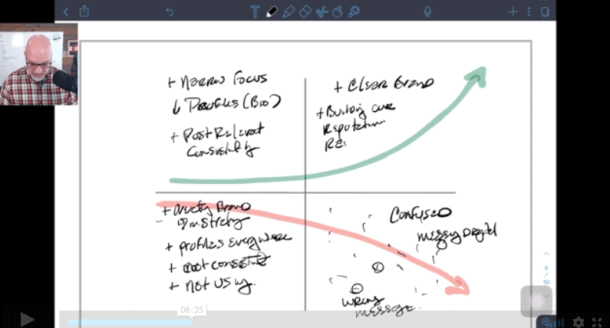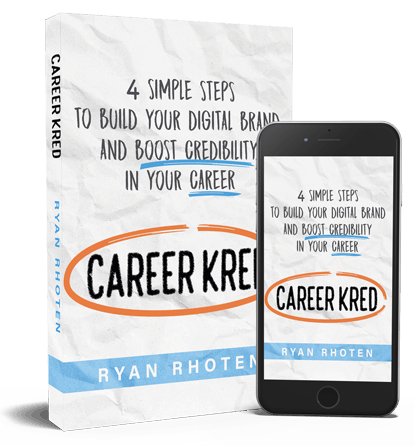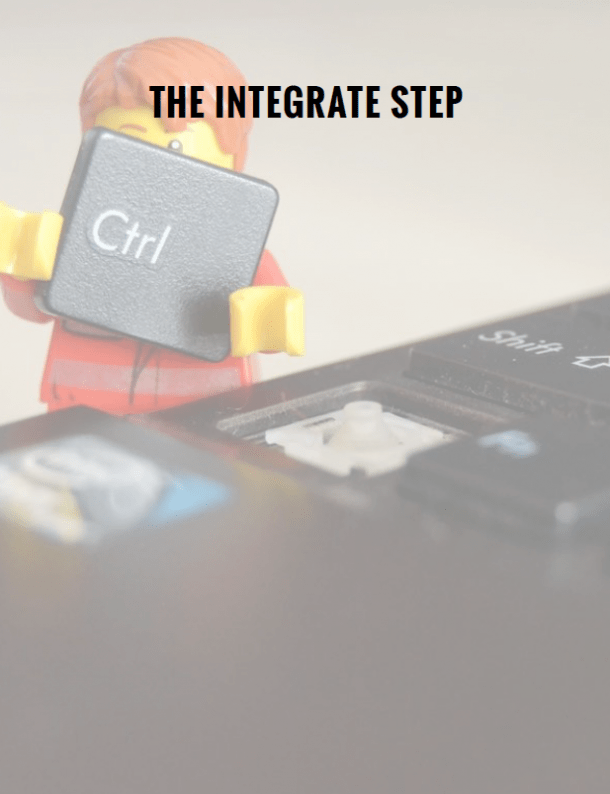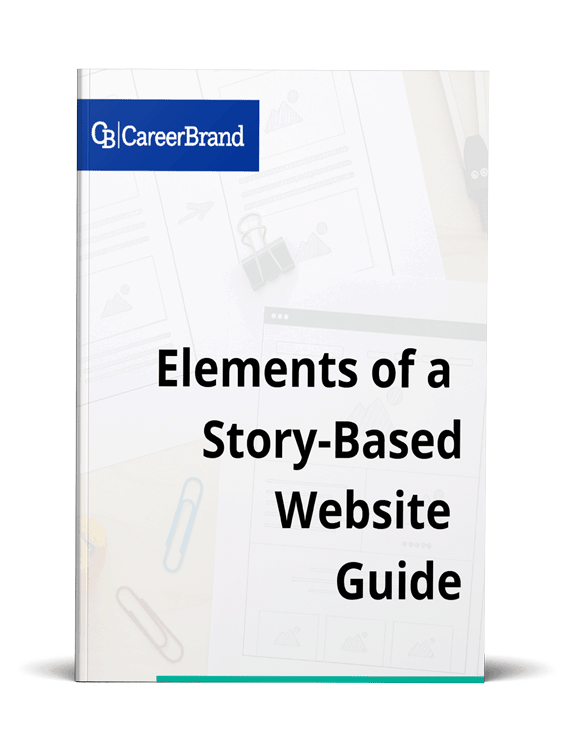If your “friends” and/or co-workers could rate you professionally on a scale of one to five stars, how would you fair? Three stars? Five stars?
What if they could rate you personally using the same scale? Would the rating change?
I ask because coming in November a new app will encourage you to do just that, write reviews and rank your friends, co-workers, and even past boyfriends or girlfriends with comments and one to five-star ratings.
The app is called Peeple. It’s a new human-rating app that captured national media attention last week.
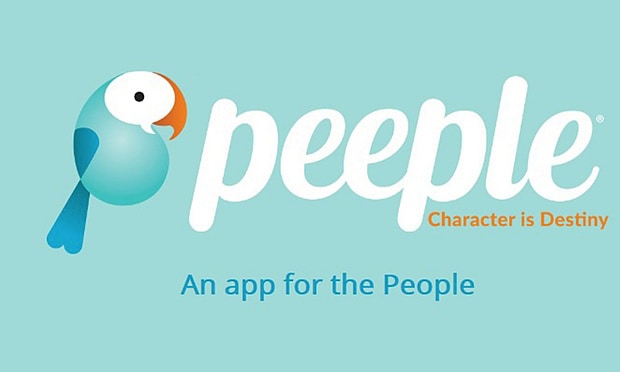
PEEPLE AN APP FOR RATING PEOPLE
Peeple allows you to rate and leave comments about other people in the following three categories: personal, professional, and dating.
The founders claim:
“Peeple will enhance your online reputation for access to better quality networks, top job opportunities, and promote more informed decision making about people.”
It also appears the founders believe this new “Yelp for people” rating system could change the way you select your friends and business colleagues.
“You can search with the nearby tab to discover people within a 10-mile radius that have a 4.6 overall star rating. Now you can surround yourself with the best of the best and make new friends, business connections, and trusted people to help make your life easier!”
Peeple claims to have 5,000 members currently in beta testing and as of last week 100 additional requests to join every hour.
If you want to learn more about the Peeple app I encourage you to visit their website.
THE IMPORTANCE OF YOUR PERSONAL ONLINE REPUTATION
It remains to be seen how mainstream the Peeple app will become and while the idea may sound ludicrous and fraught with issues, the introduction of the Peeple app should give you pause.
Why? Because the concept behind Peeple will move us closer to the reputation economy.
In the near future companies will start using “big data” to paint a reasonably accurate picture of each and every one of us.
In fact, it’s already starting to happen.
YOUR CREDIT REPORT
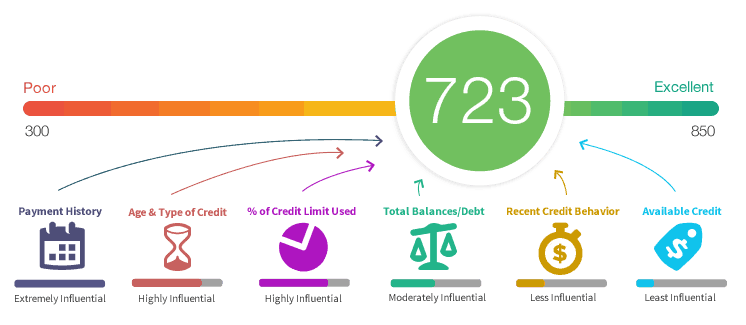
Picture from – https://www.quizzle.com/what-is-quizzle/free-credit-score
Consider your credit report. Your credit report pulls together several different items such as your income, debt levels and payment history and puts all of this “data” into an algorithm.
The algorithm computes your credit score. This score is used to assess your creditworthiness.
Higher scores mean better interest rates and payment terms, lower scores could mean no loan for you.
CRYSTAL REALLY DOES KNOW
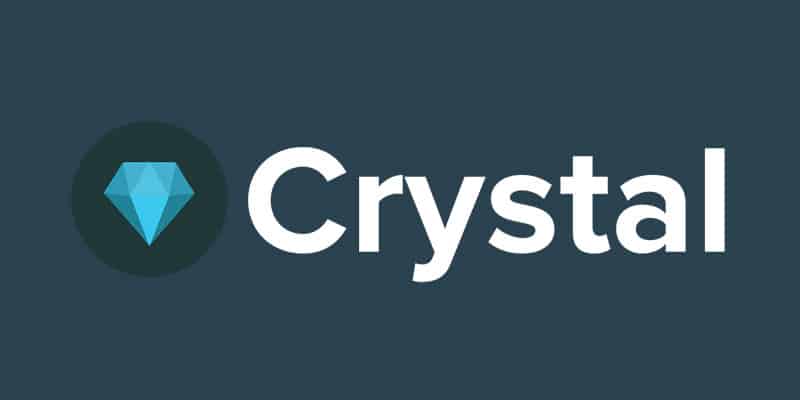
Picture from – http://thenextweb.com/apps/2015/04/15/creep-on-your-friends
Earlier this year I interviewed Drew D’Agostino founder of Crystal. Crystal is a software program design to help you communicate with empathy.
Its main function is to help you write more effective emails. Crystal accomplishes this by creating a personality profile for your email recipient using information readily found on the Internet.
Like Google when a name is entered into the Crystal search engine, it scours the web looking for relevant information.
It compiles all of the information into its algorithm to create a personality profile complete with suggestions on how to communicate with your recipient in an email.
You can learn more at Crystalknows.com.
THE COMING REPUTATION ECONOMY
I’m borrowing the term Reputation Economy from the book (affiliate link) written by Michael Fertik, CEO of Reputation.com.
Like Michael or more appropriately because of him, I believe in the importance of maintaining your personal reputation online.
Today, companies use big data to solve very specific, one-off type challenges using single or several points of information. How long will it be before they start connecting the dots?
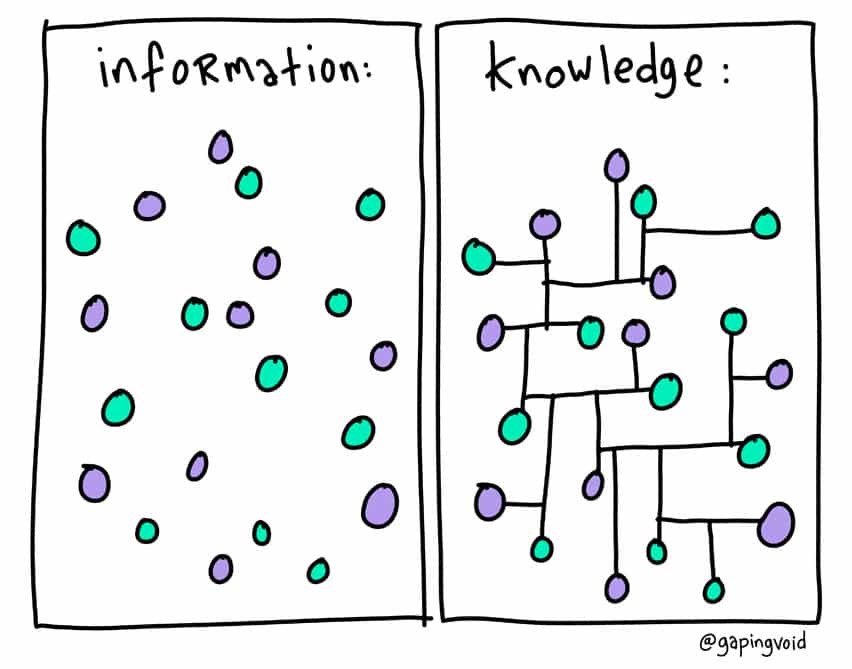
Image from – http://thoughtcatalog.com/ryan-holiday/2014/01/information-vs-knowledge-vs-experience by @gapingvoid
If you really think about it everything can be assigned a value. Your drivers license has a point system. Get in an accident or run a stop sign you can lose points.
Losing points, impacts your driving score which impacts the rate you pay for insurance.
Steps you walk in a day, week, a month can all be indicators of your health. They can and are being used already as incentives for health insurance programs. Walk more steps (absolute value) pay less money.
It won’t be long before someone or some company figures out a “fair” way to assign you an employability score.
Variables could include years at the same company, number of internal job moves, college degrees, advanced degrees, certifications, your online profile, etc.
All of these things can be assigned a value and weighted. Put these values through the right algorithm and you could have an employability score.
Sure this score won’t be perfect at first. Not even close. And like Peeple is today it will be “ripe” for criticism.
But it won’t stop it from moving forward. The innovators will learn, add additional data points, adjust the algorithm and try again.
Eventually, the right combination will be found and the employability score will be born. And I believe it will be based at least in part on your online reputation.
If you think this is hyperbole consider how much data about each of us is available on various servers across the internet. What you buy, where you went to school, your Facebook profile, your Twitter account, your personal blog.
It’s mind boggling.
To me, it’s not a matter of if. It’s a matter of when. Eventually, someone or some corporation will put together all of the pieces to form the puzzle.
Will your online reputation be ready when it happens?
